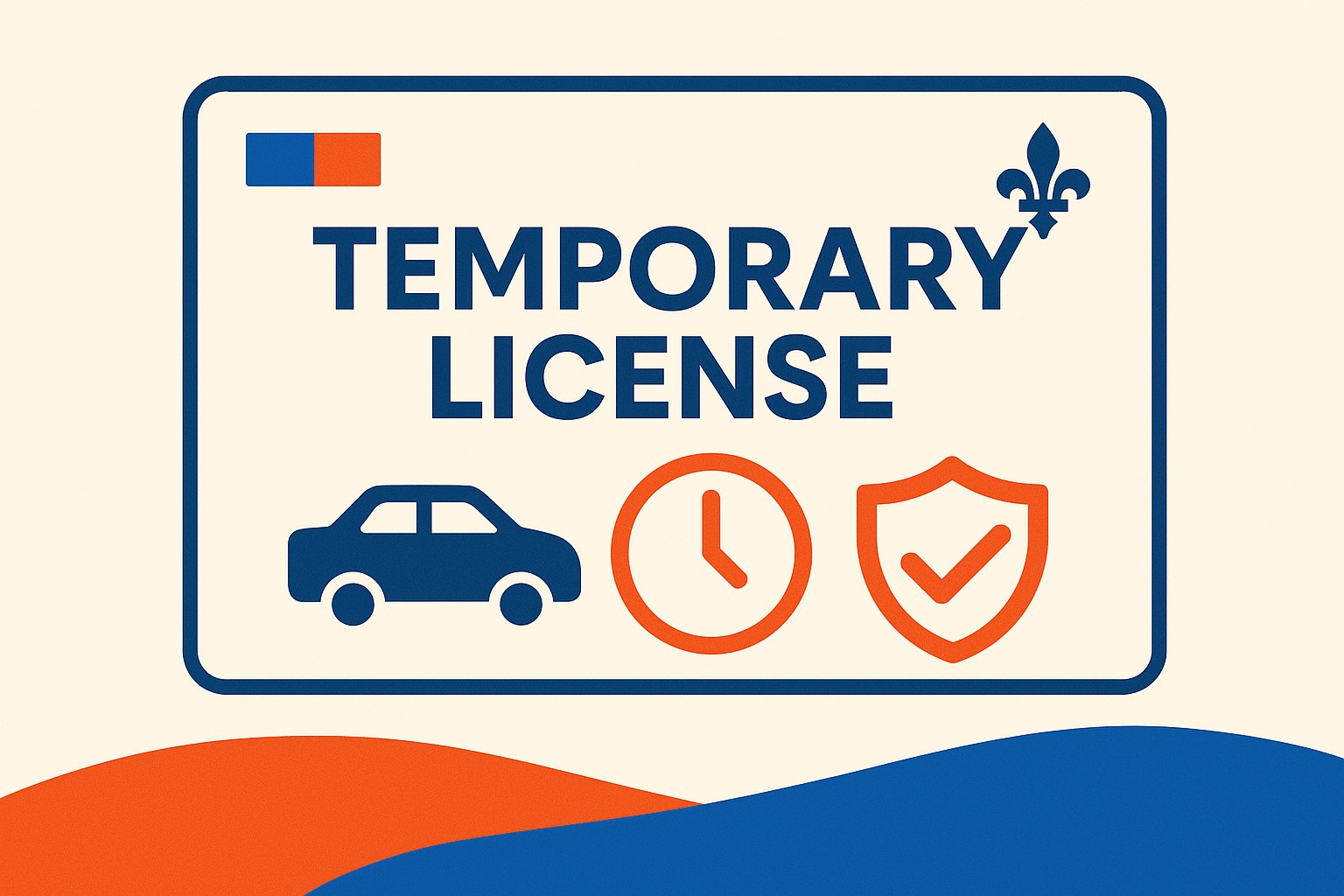Owning a vehicle is expensive. Insurance, registration, repairs…
Given that most of these costs are unavoidable, the best way to reduce your car-related spending is to check its vitals regularly. That way, you can stay ahead of any issues that might necessitate a visit to the mechanic, all while extending the vehicle’s lifespan.
LONG LIVE THE CAR: 5 ESSENTIAL MAINTENANCE TIPS
Owning a vehicle is expensive. Insurance, registration, repairs… given that most of these costs are unavoidable, the best way to reduce your car-related spending is to check its vitals regularly. That way, you can stay ahead of any issues that might necessitate a visit to the mechanic, all while extending the vehicle’s lifespan.
Here are a few helpful tips that will help you understand the routine checks you need in order to keep your car happy and healthy!
-
Check the oil level often
Maintaining the recommended oil level is a key element of proper car care. Don’t forget to park on a flat stretch of road and let the engine cool off before you begin – you will get the most accurate reading that way.
In general, it’s incredibly important to check your fluids: your vehicle is an elaborate machine, and each mechanical component needs to be properly lubricated in order to function correctly. Without the fluids that help them do their jobs, your engine’s parts could wear out prematurely, giving way to major issues that will have you paying the mechanic a visit.
-
Make sure your tires are in good shape
Is your tire pressure low? If so, you might have a puncture on your hands. Do each of your tires exhibit the same level of wear? If not, you could have an alignment issue.
Under-inflated tires can also have a negative effect on your gas consumption. Make sure you always adhere to the manufacturer-recommended pressure level, which will either be indicated on the inside of your door or in the owner’s manual.
Even if your car has a built-in tire pressure monitoring system, it’s always best to give them a look yourself. The system will typically only warn you at the last minute – and that may be too late.
-
Check the windshield wipers and lights
With the help of a buddy that can activate the brakes and flickers, give your car the once-over to make sure that all your lights are functioning properly.
You should also take a look at your wipers: are they in good condition? No matter the season, it’s essential to have a clean windshield to maintain excellent visibility.
-
Prevention beats treatment
Prevention is always better than treatment – a philosophy that absolutely applies to vehicle maintenance! Think about it: it’s both easier and cheaper to give your car a little touch-up here and there than to repaint an entire door from top to bottom.
One important step in the maintenance cycle is to remove leaves and other debris from your air vents and other openings. This will ensure proper ventilation, and as a bonus, you’ll be preventing rust buildup.
For an extra layer of responsible car ownership, consider adopting a driving style that minimizes the impact on your vehicle. For example, avoid slamming on the brakes to keep them in good condition.
-
Get inspected by a professional
Beyond regular check-ups that you can complete on your own, it is recommended to have a more in-depth inspection conducted at least once a year. Some technical elements of car care call for the experienced eye of a mechanic, such as wheel alignment, belt and brake maintenance, and more. Tip: take advantage of your bi-annual tire change and ask for an inspection while you're already there!
By following these simple suggestions, you’ll stay two steps ahead of the types of problems that can lead to expensive garage visits, all while extending the lifespan of your noble steed: your car!



